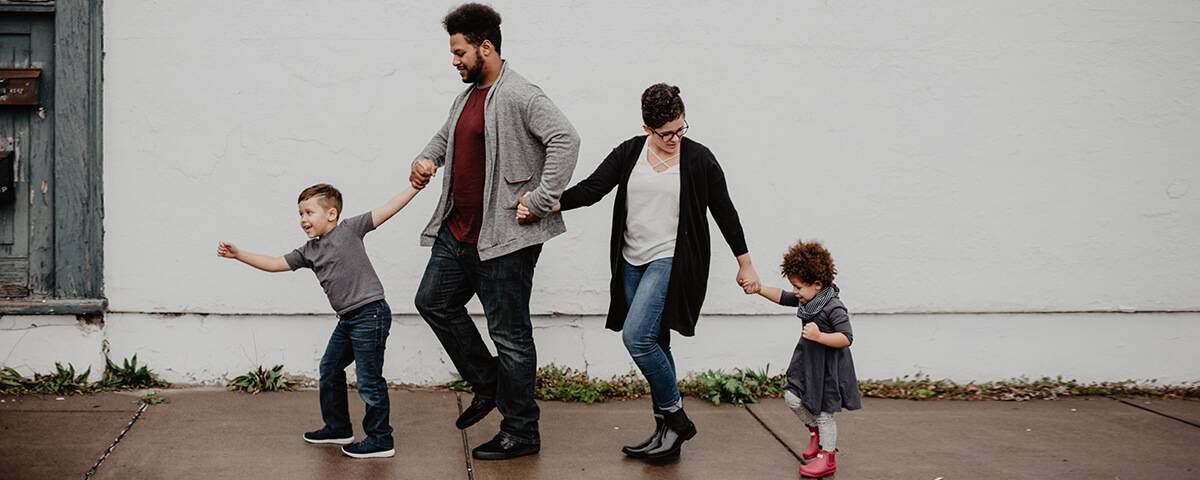Parental Work at Caritas Salzburg
The commitment of parents to support their children at school and in learning processes has an impact on how successful their education will be. Family contexts directly influence the various factors that are at the basis for being successful at school. These factors include children’s diet, their leisure time activities, a home that provides a learning-friendly environment, as well as the necessary knowledge to make good decisions about education.

Academic Supervision of the Project „Parental Work at Caritas Salzburg“
About the Research
Many children from educationally less privileged family backgrounds find support in Lerncafés (“Study Cafés”), which are run by the Caritas in the City of Salzburg. The common challenges these children face include poor German language skills, a relatively low educational level of their parents, and a lack of familiarity with the Austrian school system or the school context more generally. Beginning in the school year 2018/19, the Caritas has continuously intensified “parental work” in the context of a project by the same name in their Lerncafés. Topically focused parents’ nights for people whose children attend one of the Lerncafés in Salzburg are at the core of the project. The service is free of charge and attendance is voluntary, aiming to help parents to improve their support of the educational development of their children.
During the first stage (school year 2018/19), the project focused on analyzing the pilot stage to draw conclusions for future adaptations of the project’s measures. The central question at this point was if and how well the service managed to reach the parents of children attending the Lerncafés. In addition, we evaluated factors that were either beneficial or obstructive to the participation and, from the perspective of the participants, a satisfying outcome of the parents’ nights. Based on insights from the existing literature, all parents’ nights during the study period (n=6) were monitored by participant observation, they were documented in a standardized way, and the project coordinators participated in focused interviews. The final report on the pilot phase was completed in May 2019.
The second stage of the project (school year 2019/20) aimed to:
- document the implementation of the results of the project and to present the views of both parents and project coordinators on the project “parental work”
- analyze the degree to which the good-practice recommendations deducted from the pilot phase have been implemented and evaluate their impact
- formulate conclusions and recommendations for future improvements of the project
- illustrate how the project and its target group was impacted by Covid-19.
To reach those goals, we documented the parents’ nights (n=6) based on findings gained by participant observations. In addition, we conducted a standardized documentation that drew its insights from phone interviews among parents and local project coordinators at the three Lerncafés, a written and anonymous survey of the parents (n=18), and a group discussion with the project coordinators. The final report on the pilot stage was completed in November 2020.
Milestones/Output
The research was designed as an accompanying evaluation process, which means that it took place during the running time of the investigated project. Regular evaluations and the communication of results by the project coordinators, which emerged from those evaluations, allowed to continuously reflect upon and develop the project. After the conclusion of each stage, we documented the final results in a project report for the commissioning partner.
